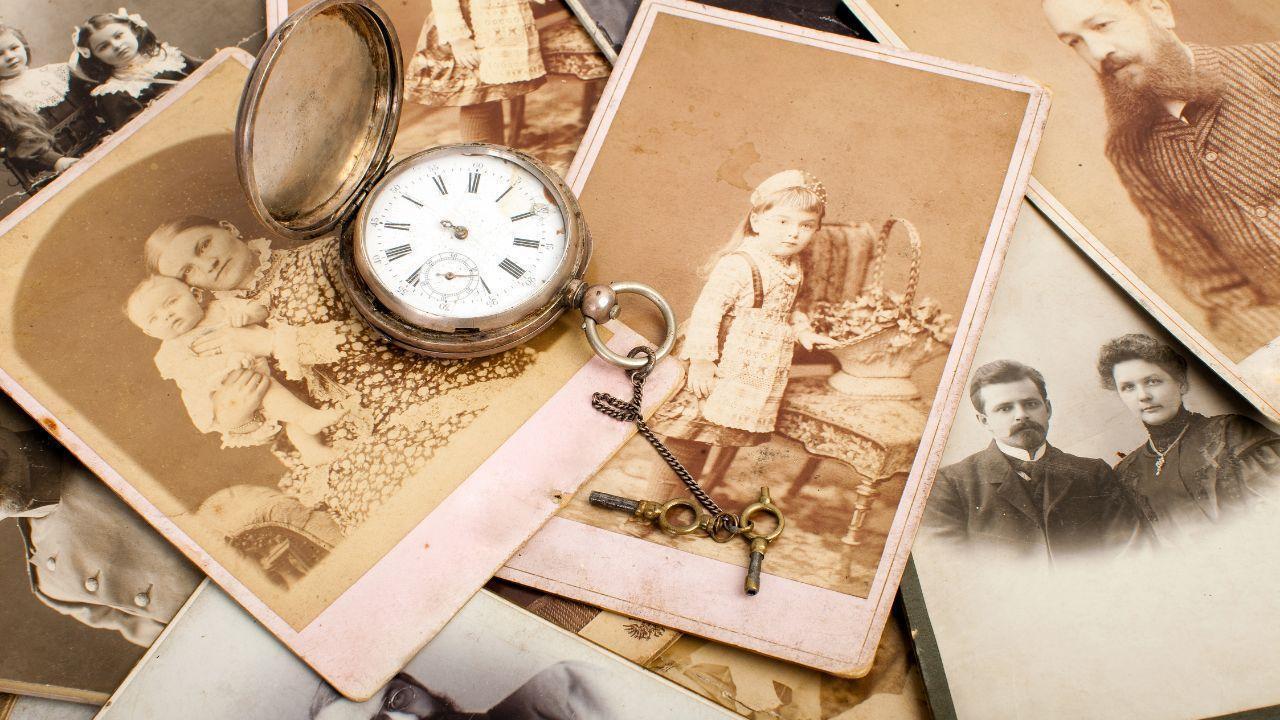
Post by : Vansh
In an era where high-tech stadiums, digital scoreboards, and million-dollar endorsements dominate the sporting world, the enduring presence of ancient games speaks volumes. These are the games of the ancestors—traditional sports that have transcended generations and continue to be played with the same spirit and pride as centuries ago. More than mere recreation, these sports serve as vessels of cultural identity, storytelling, and unity. They are powerful expressions of heritage that remind us where we come from and what we value.
Across continents and cultures, traditional sports have held communities together, transmitting essential life lessons and values. Whether performed during festivals, rituals, or daily recreation, these ancestral games hold the keys to understanding the human spirit in its purest form.
At the heart of many civilizations lie traditional sports—games that are older than most modern societies. These ancestral games are often born out of local customs, geographical necessities, or spiritual beliefs. Far from being obsolete relics, they continue to be relevant as living symbols of cultural identity.
In Africa, Mancala, a board game played using pebbles or seeds, is more than just entertainment; it’s a strategic thinking tool passed from elders to children. In South America, the indigenous people of Mexico still play Ulama, a version of the ancient Mesoamerican ballgame once played by the Aztecs. In these communities, sports are not just physical contests but sacred acts—blending ritual, community, and identity.
These activities don’t just entertain; they educate. They teach patience, strategy, cooperation, and respect for elders and tradition. That’s why Games of the Ancestors: How Traditional Sports Keep Cultures Alive is more than a slogan—it’s a reminder of the spiritual and societal roots embedded in play.
Many traditional sports are deeply tied to language and storytelling. The chants, songs, and terminologies used during these games often preserve regional dialects or lost vocabularies. For example, in New Zealand, the haka—a ceremonial Māori war dance performed before rugby matches—carries ancestral pride, tribal history, and powerful symbolism.
In India, the sport of kabaddi requires players to chant “kabaddi” repeatedly while holding their breath, connecting athletic performance with vocal discipline rooted in ancient practices. Similarly, Japanese sumo wrestling retains Shinto rituals, like throwing salt for purification, that predate modern Japan.
These examples show that preserving traditional sports isn’t just about playing the game—it’s about keeping alive the songs, rituals, values, and worldviews that come with it. Every movement, every chant, and every rule tells a story of a people.
Games of the Ancestors: How Traditional Sports Keep Cultures Alive also highlights how these games foster strong intergenerational bonds. Unlike many modern sports, traditional games often involve people of different age groups. Elders act as referees, mentors, or storytellers, while younger participants learn not just the game, but the values it represents.
Take the Inuit sport of kneel jump or the Arctic game of ear pulling—tests of endurance and strength that originated from survival training in harsh climates. These were not just games; they prepared young people for real-world challenges and connected them to the knowledge of their ancestors.
In rural villages across the world, you’ll find grandparents and children participating in or watching these traditional games together, reinforcing a sense of shared identity and communal learning.
This article is published by MiddleEastBulletin for educational and cultural awareness purposes. It is intended to inform readers about the role of traditional sports in preserving heritage and identity, without promoting any specific region, belief, or ideology. Readers are encouraged to engage with the content respectfully and thoughtfully.


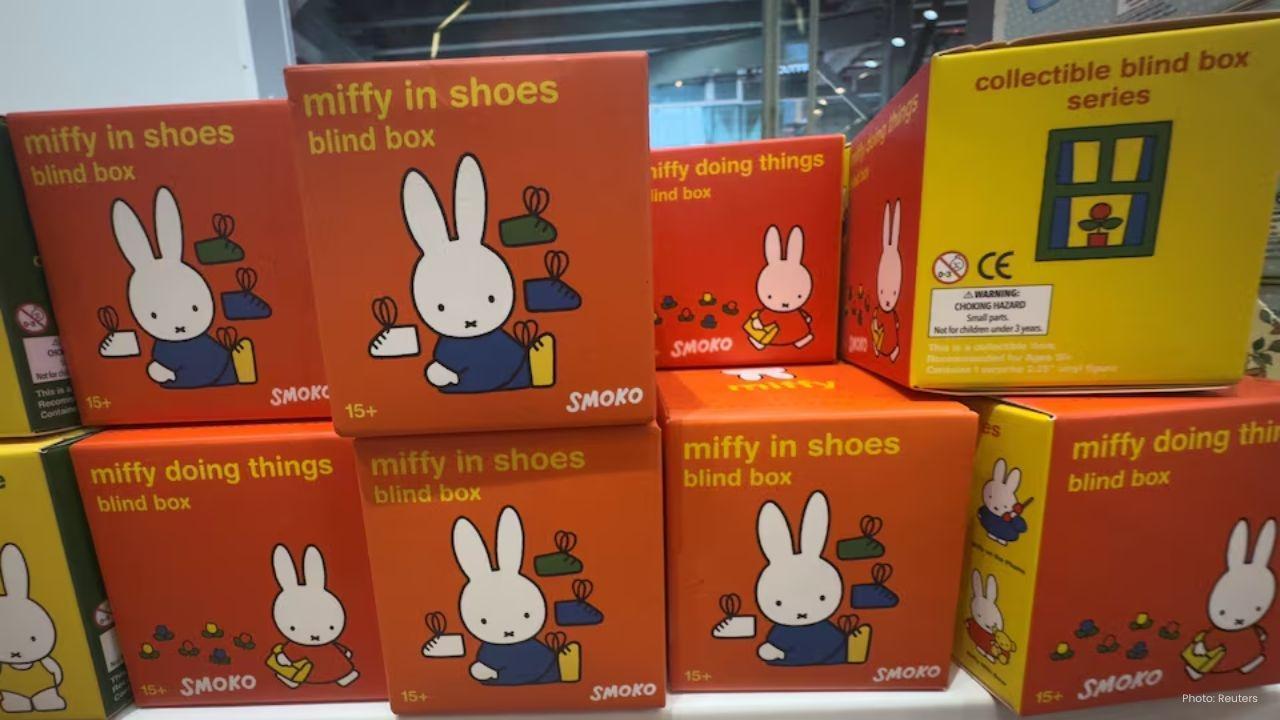
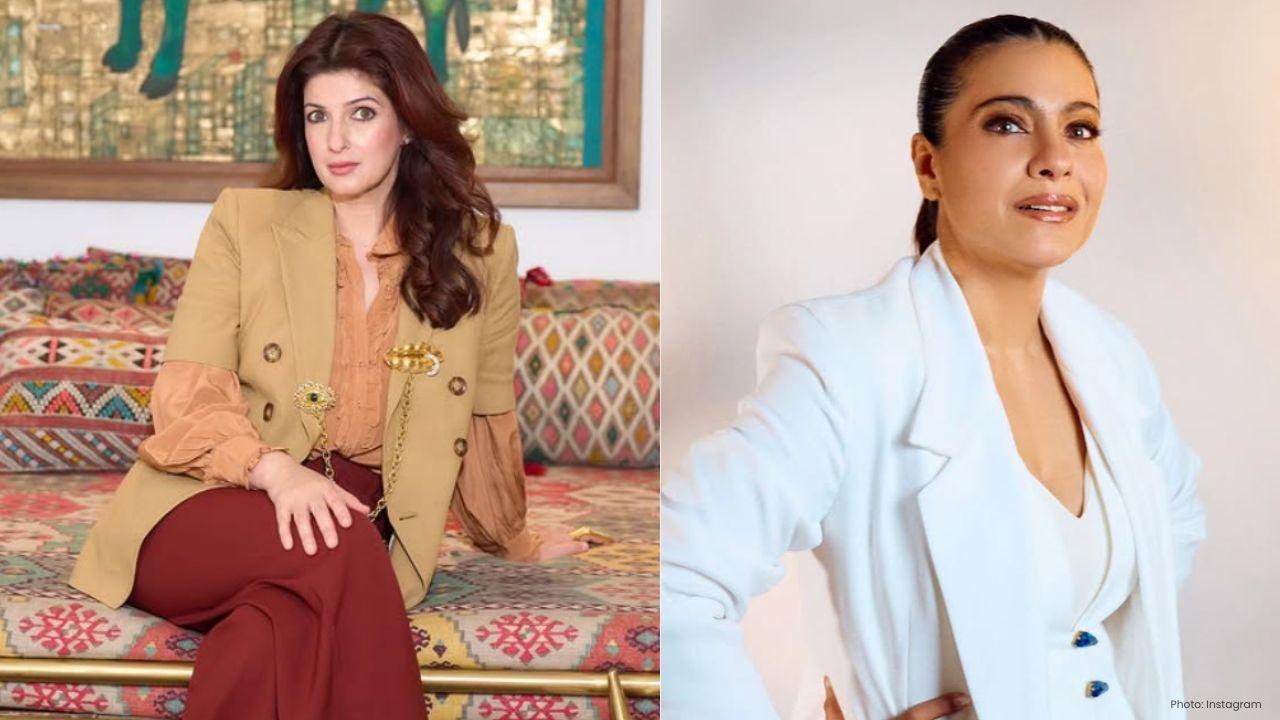
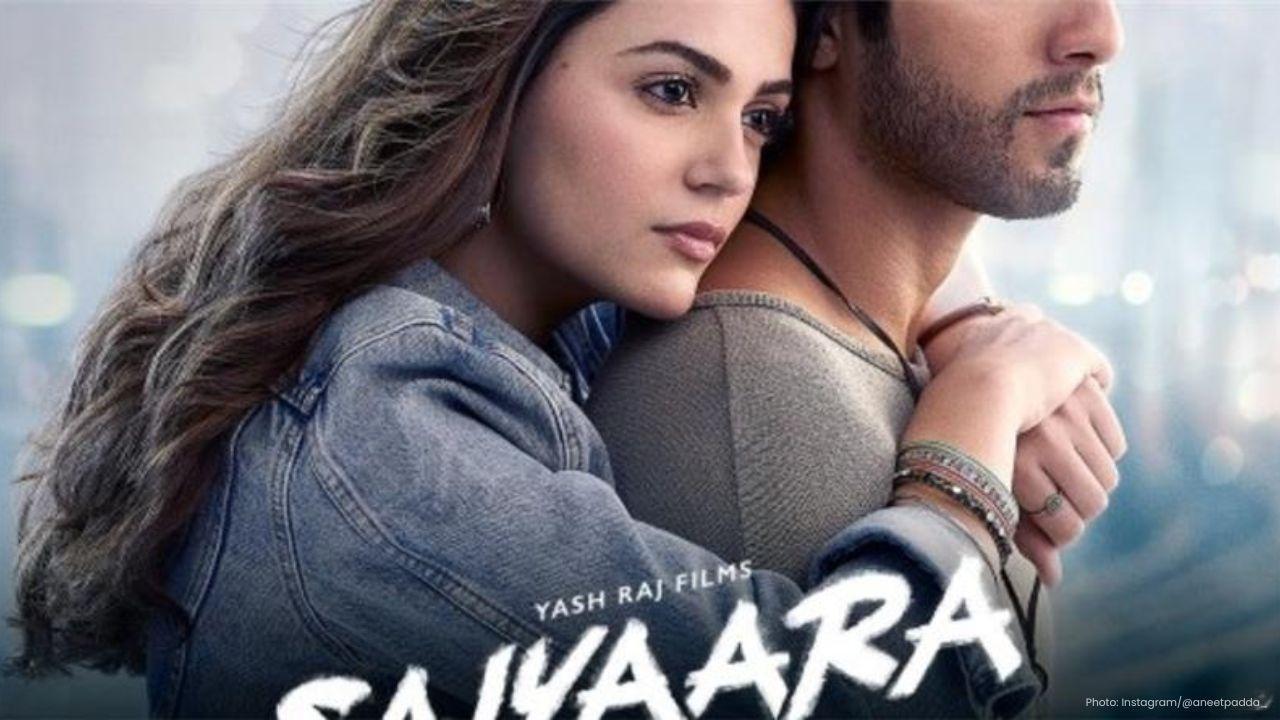
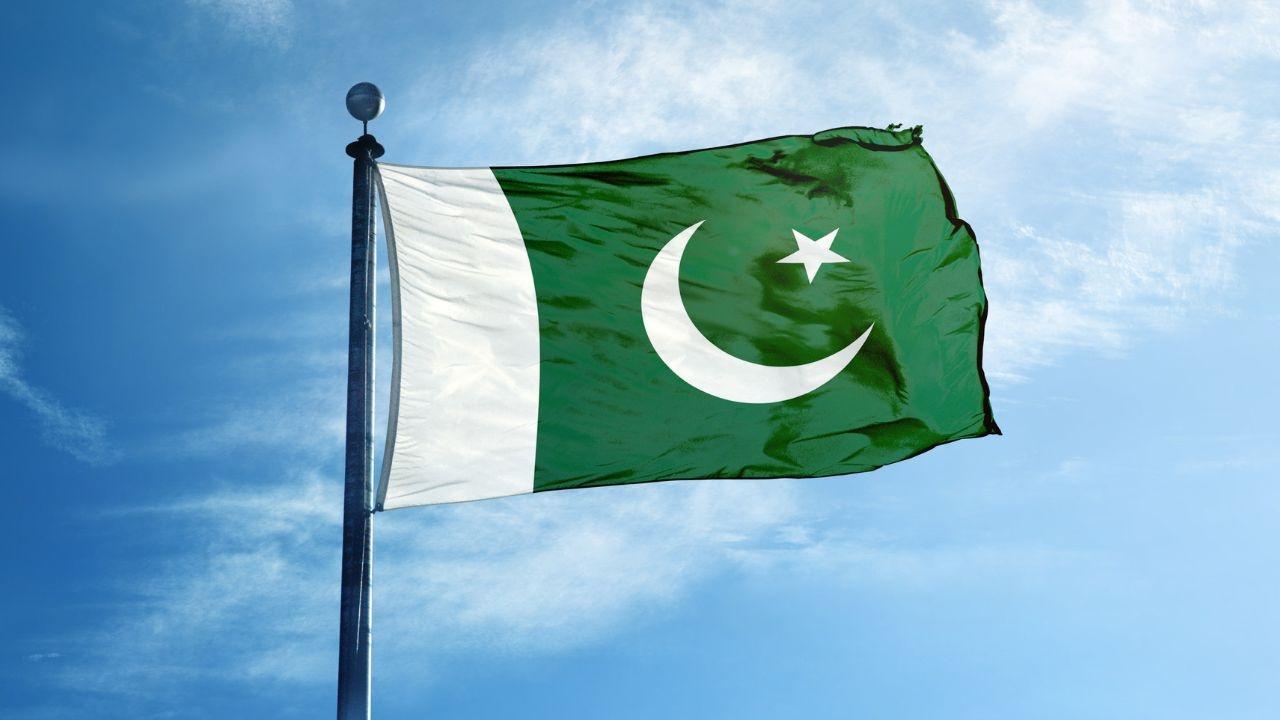

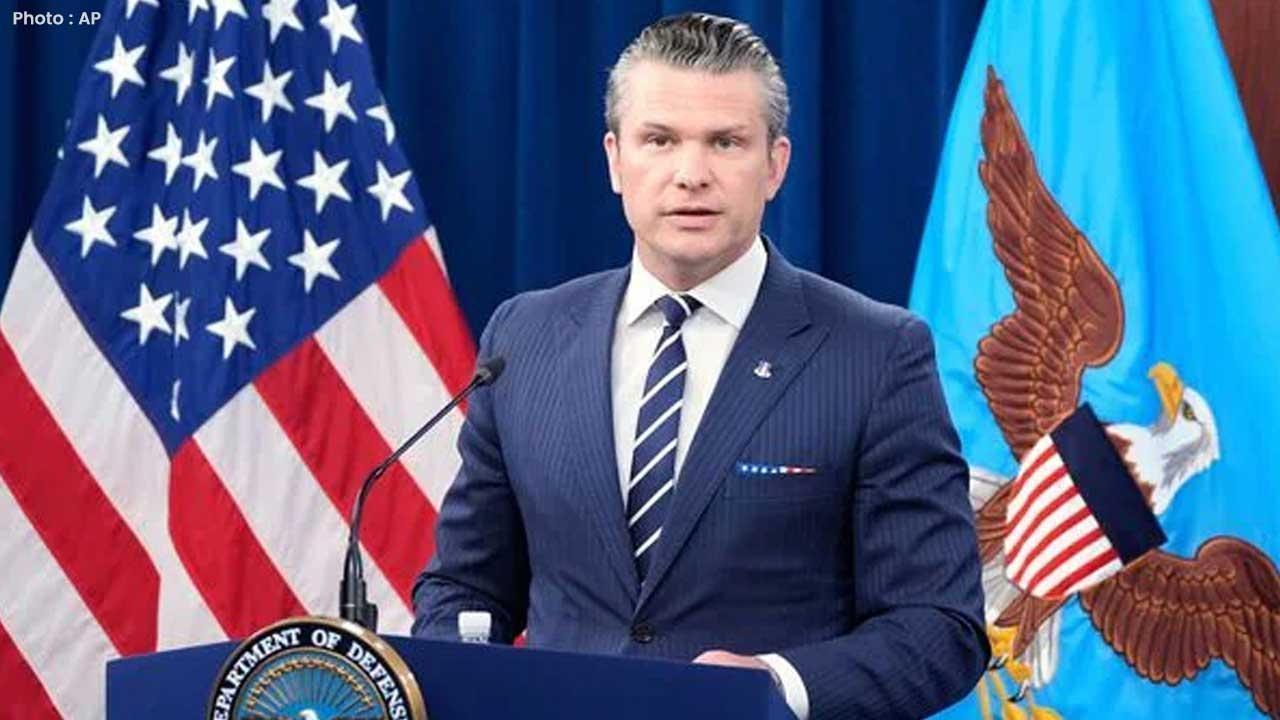


Pageau's Overtime Goal Propels Islanders to 4-3 Victory Over Golden Knights
In a thrilling overtime finish, Jean-Gabriel Pageau leads the Islanders past the Golden Knights 4-3,

MLB Awards: deGrom and Acuna Jr. Shine as Comeback Players
Jacob deGrom and Ronald Acuna Jr. celebrated MLB Comeback Player Awards, alongside Ohtani and Judge
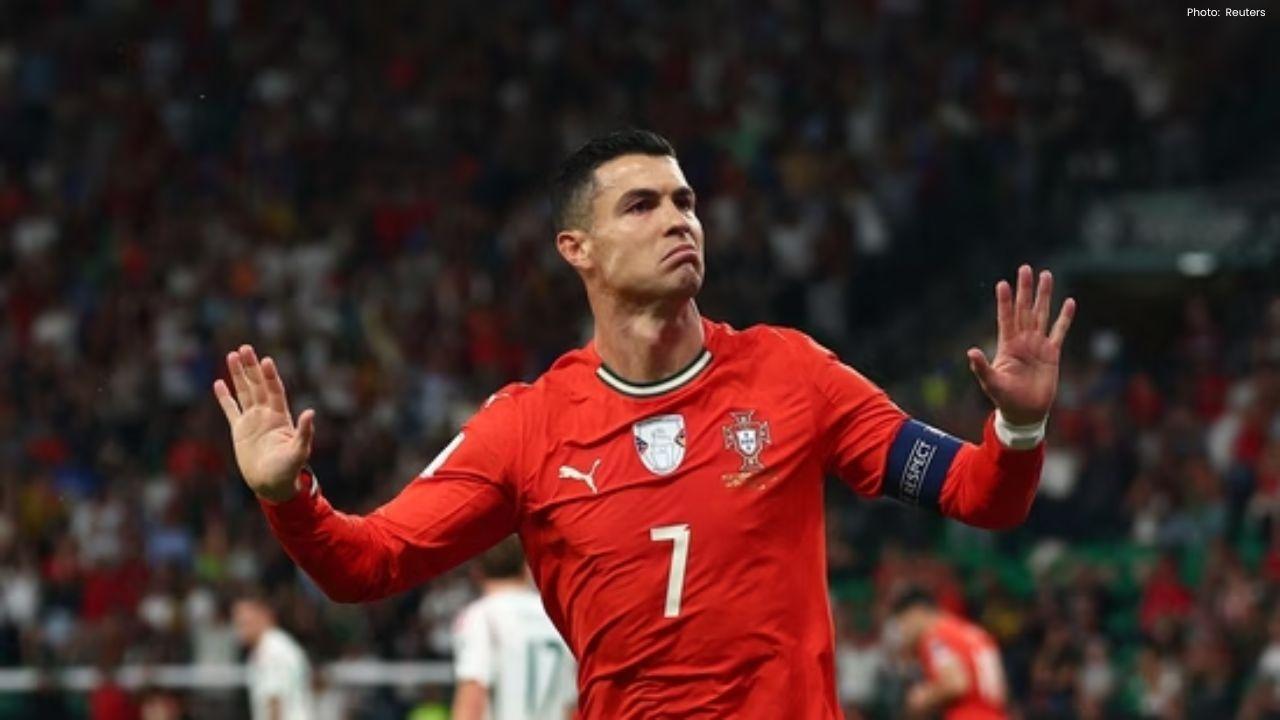
Portugal Confronts Ireland in Pivotal World Cup Qualifier
Portugal, led by Cristiano Ronaldo, faces Ireland in a vital Group F World Cup qualifier that could

Haaland's Brilliance Leads Norway to 4-1 Victory Against Estonia
Erling Haaland showcases leadership as Norway crushes Estonia 4-1, boosting their World Cup ambition
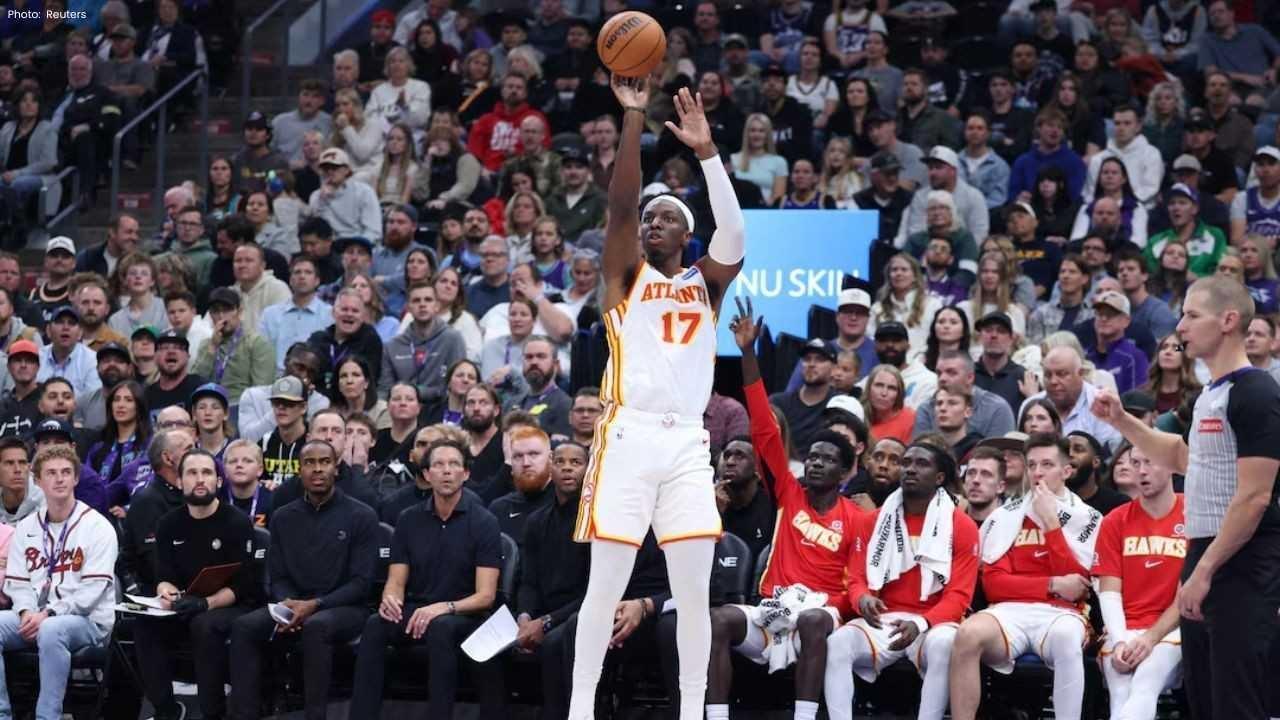
Hawks Triumph Over Jazz; Suns and Raptors Secure Victories
Hawks' Onyeka Okongwu and Jalen Johnson lead in a thrilling win against Jazz; Suns and Raptors also

Indian Men's Recurve Team Clinches First Asian Gold in Nearly Two Decades
The Indian men's recurve team triumphed over South Korea, securing their first Asian gold in 18 year